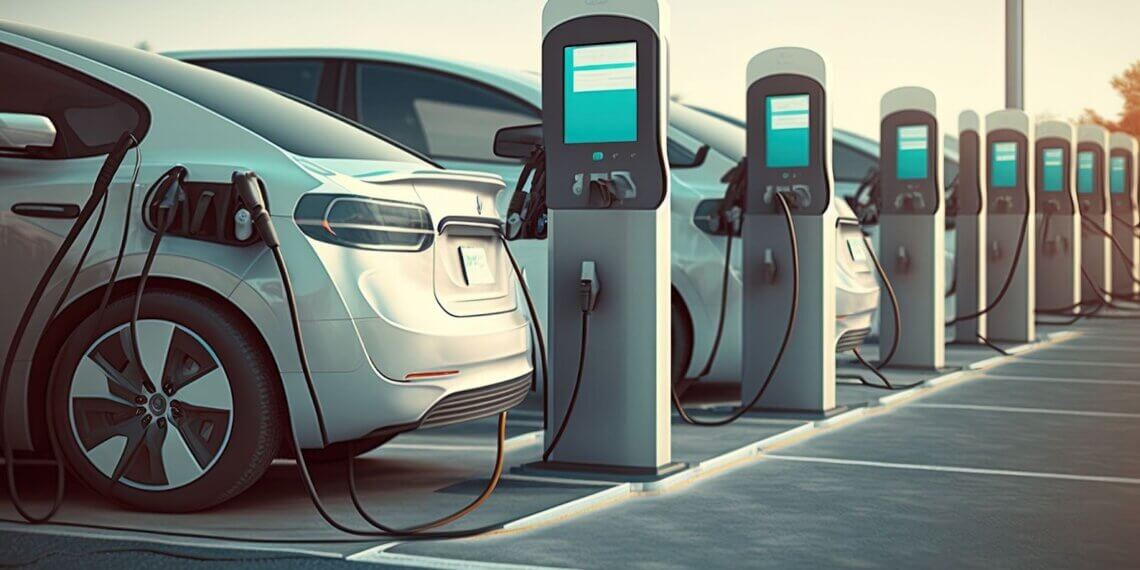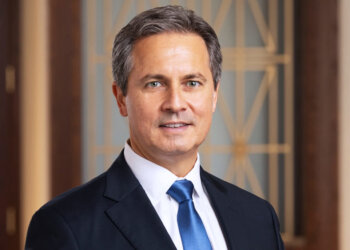A high-profile federal initiative to expand U.S. electric vehicle infrastructure has delivered just 384 charging ports across 68 stations as of April—less than 1% of its $7.5 billion ambition, according to a new report from the Government Accountability Office.
The GAO said the program, overseen by a joint federal office, lacks clear performance goals, timelines, and measurable targets—contributing to slow deployment. The Biden-era effort was designed to accelerate EV adoption but has stalled amid political and logistical hurdles.
Since taking office, President Donald Trump has rolled back EV incentives and suspended the infrastructure program pending a review. He has asked Congress to rescind $6 billion in unspent funds and signed legislation to eliminate the $7,500 new EV and $4,000 used EV tax credits by September’s end.
California and 15 other states have sued the administration for withholding previously approved funding.
Nationwide, about 219,000 public EV charging ports exist, but critics argue that’s far short of what’s needed. Senator Jeff Merkley called the rollout a “vast administrative failure,” noting only seven stations had been opened under the previous administration by mid-2024.
The General Services Administration has also ordered non-essential federal EV chargers to be deactivated, further casting doubt on the program’s future amid shifting political winds.










